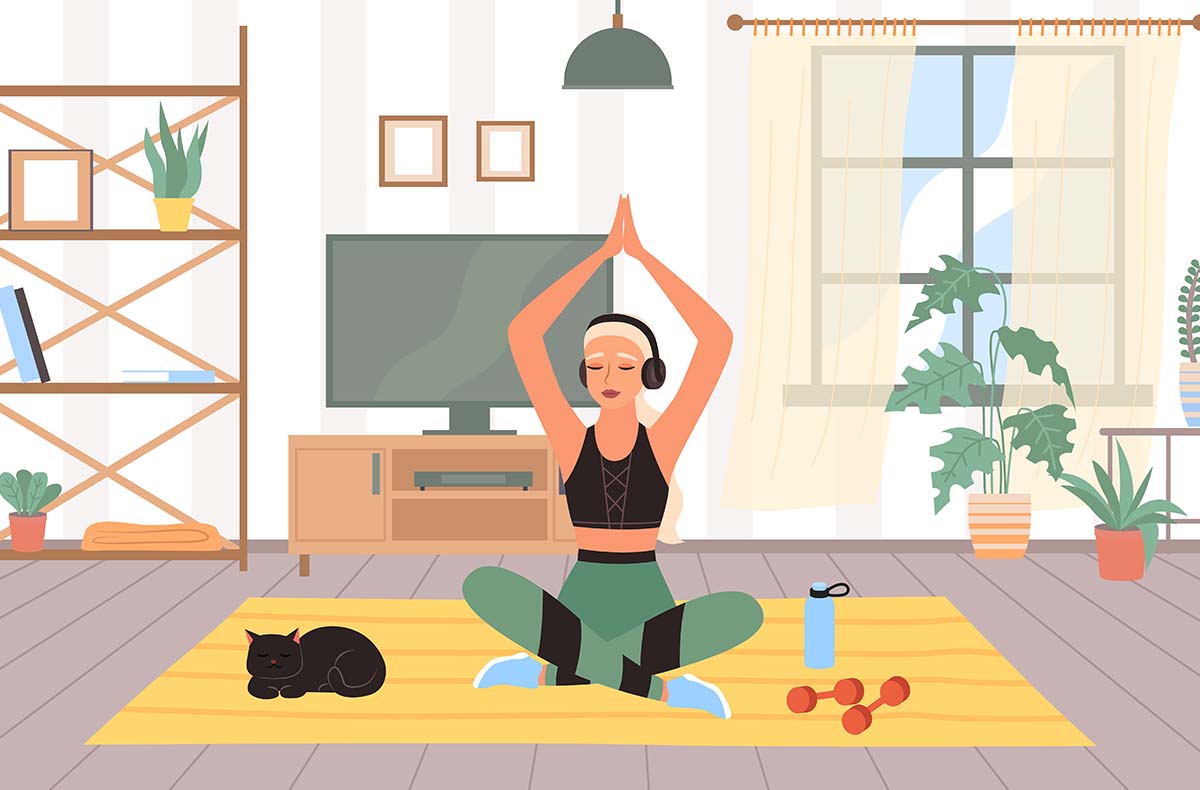
In a world of immediate gratification, addressing mental health has become something where, much like fast food, you can almost pick a pill off a menu and hope it solves your depression, anxiety, or whatever other issues you are facing.
As someone who worked in a community mental health center for more than a decade, I am all too aware of how this works. I am by no means anti-medication—I know that there are situations where it is called for—but I do think that alternatives should at least be discussed and explored in traditional mental health settings. As a staunch proponent of patients being able to make informed health decisions for themselves, it is abhorrent to me that mental health professionals often do not explore other options with their patients, whether it is through ignorance or by design.
Today, as a life coach, I see the other side of things. Many clients have come to me as a last resort after traditional therapy has failed them. From my personal experiences with therapy, working in the mental health field, attending social work classes at university and from the experiences and perceptions of my clients, I have had my concerns about the mental health industry validated.
It has become the norm to have 45-50 minutes of a complaining session that brings up all the old wounds and traumas a person has experienced and have a therapist simply listen. The session ends, and that person is left to sit with those emotions and relive things all over again until the next session with the therapist. Or the patient is given medication to mask the symptoms, but the underlying issues are never addressed. It is a horribly damaging and vicious circle.
This is partly why I left the mental health field and decided to go down the coaching path, where I am able to help clients set goals and give them the tools necessary to meet those goals. The obstacles on the path to achieving their goals are often past, damaging, negating beliefs. To address this, I believe that we need to be taught to use better coping skills in our early years. This is where much of the dysfunction in our society stems from. I cannot remember a time when I or any client of mine has had a therapist say, “ok, here’s what you can do when these feelings arise.” They often like you to come to grand conclusions on your own. For what it’s worth, most of us need a push to aid us in getting there.
Sometimes we need to simply be reminded that it is not always about us. There are situations and circumstances where we have felt slighted or hurt and we need someone to help us reframe the situation to realize that what happened was not personal. I do not say to do this to invalidate anyone’s feelings but rather to help keep things in perspective so that you can learn to release the little things and look at the situation from another angle.
Some coping skills to employ when intrusive or negating thoughts arise:
- Reframing
- Deep breathing, conscious breathwork
- Meditation, yoga, Tai chi
- Exercise
- EFT (Emotional Freedom Technique)/tapping
- Walking away from the stressful situation (literally taking a walk)
- Pressing correlating acupressure points
- Grounding yourself (outside or in)
- Guided imagery
There are so many others. Not every coping skill works for every person, but it is possible to find a combination of tools and skills which can lessen anxiety and depression symptoms and help people heal.
I have had clients who initially thought that their trauma was too big and that things like tapping/EFT would never be able to help them. The beautiful thing I have discovered in more than a decade of this healing work is that there is no trauma too big and no pain too small. They can all be addressed or lessened to some degree by any of these mechanisms and methods.
Other factors such as nutrition, hydration, and movement affect our emotional health and well-being. We are taught in gym and health classes in school that such things are strictly for our physical health. We are guided by the nutrition of a food pyramid that is updated by a board composed of individuals who have ties to every major food and drug company in the U.S.—a major conflict of interest that is rarely discussed. Sugar, excess carbs and heavily processed foods affect our emotional well-being. There are hundreds of scientific studies discussing this issue. Then there are the heavy metals, candida, parasites, etc., that also affect our emotional well-being and our nervous systems, which often go undetected by the medical world and are very rarely discussed in a mental health setting.
Imagine a world where our children are taught healthy nutrition without harmful food dyes, and refined sugars—instead learning about healthy proteins and whole foods. Where they are taught healthy coping skills for dealing with conflict and adversity. Where they can speak with others who have dissenting opinions without feeling overwhelmed and inappropriately angry. Where they do not need validations for their feelings because they are confident in their abilities to navigate them in a healthy way. Imagine the possibilities and think about how positively this could affect the mental health crisis our society is currently navigating.
